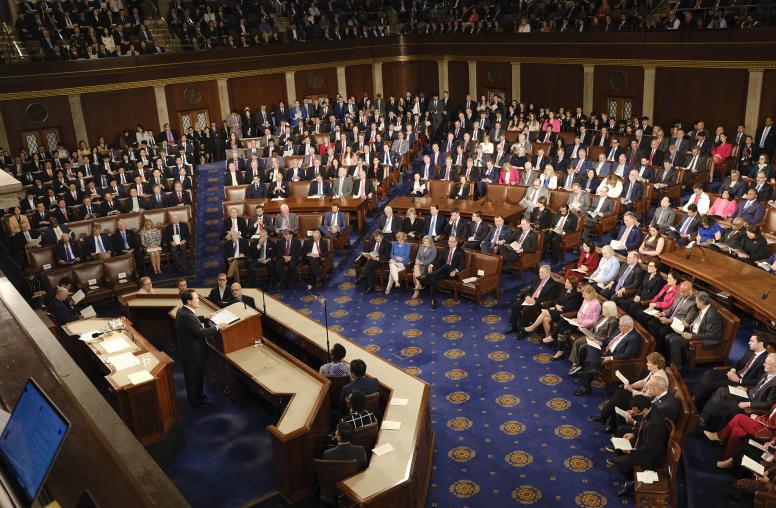The Future of America’s Strategic Posture
A Conversation with the Congressional Commission on the Strategic Posture of the United States
Read the event coverageWhen it was established in 2021, the bipartisan Congressional Commission on the Strategic Posture of the United States was given a sweeping mandate to review everything from U.S. nuclear weapons policy to military force structure and threats to strategic stability around the world in order to prepare the United States for the future. In their recently released final report, the commission concluded that the geopolitical landscape has been fundamentally altered by Russia’s and China’s rising aggression — and that the United States must adjust its own strategic posture to protect its security and stability interests in the years ahead.
On November 16, USIP hosted a bipartisan discussion with the commission’s Chair Madelyn Creedon and Vice Chair Jon Kyl. The conversation looked at findings and recommendations from the commission’s final report and examined what they mean for the future of America’s strategic posture — particularly in regards to establishing strategic stability with U.S. competitors like Russia and China.
Continue the conversation on social media using #StrategicPostureCommission.
Speakers
Lise Grande, introductory remarks
President and CEO, U.S. Institute of Peace
Representative Doug Lamborn (R-CO), keynote remarks
U.S. Representative from Colorado; Chairman, Subcommittee on Strategic Forces, House Armed Services Committee
Honorable Madelyn Creedon
Chair, Congressional Commission on the Strategic Posture of the United States; Former Principal Deputy Administrator, National Nuclear Security Administration
Honorable Jon Kyl
Vice Chair, Congressional Commission on the Strategic Posture of the United States; Former U.S. Senator from Arizona
Honorable A. Wess Mitchell, moderator
Senior Advisor, U.S. Institute of Peace



